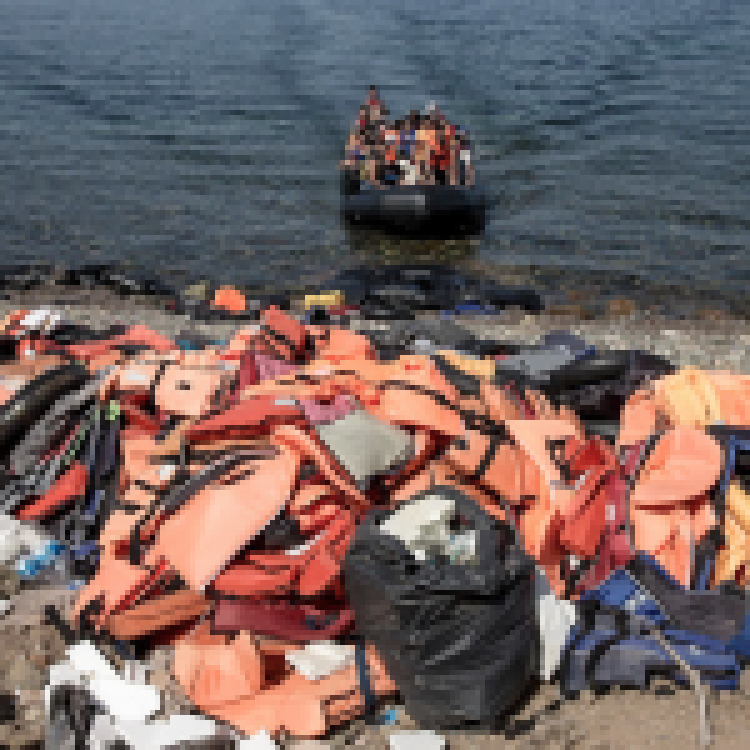
The UK has charted at least 17 deportation flights this year in a rush to reduce the number of asylum seekers in Britain before Brexit.
The UK had 3 deportation flights in the first four months of this year, carrying a total of 48 people. A 3-month hiatus was caused by the coronavirus however a further 11 were scheduled since August. In some of these flights as few as a single returnee were onboard. The number of deportation flights exceeds the numbers in the last three years combined. Novara Media notes that this number is not a comprehensive list of all the flights and that we may expect further flights in the weeks to come.
The legality of the flights
The flights, carrying mostly asylum seekers, to EU member states are being carried out under the Dublin III arrangement which maintains that asylum seekers may be returned to the European country in which they first entered, however, there are discretionary clauses. On 31 December, after the UK leaves the European Union, the UK will no longer be able to remove asylum seekers via this arrangement.
Novara Media notes that the Home Office is operating under the false assumption that asylum seekers have no right to remain in the UK as they “should claim [asylum] in the first safe country they enter”. Whilst it is true that the UK is entitled to return asylum seekers to the EU country in which they first arrived, it is wrong to state that they have no right to remain, as individuals are entitled to seek asylum wherever they wish. This is to give due regard to the right to family, linguistic skills, and other factors which may better facilitate the lives of these asylum seekers.
Duncan Lewis, an immigration law firm, further notes that a harmful effect of this rush is that it may produce serious procedural errors resulting in the miscarriage of justice.
As Rivkah Brown notes in her article in Novara Media:
While the removal of even those without strong cases for remaining in the UK would usually take “at least a number of months … we’re now seeing people who arrived in August who’ve already [in October] had their case processed, refused, and been issued a ticket to be removed”.
They further note that this may seriously jeopardise the right to legal counsel.
Concern for asylum-seekers well-being
In August, a government watchdog had highlighted failures by the Home Office to “protect the physical and mental health of returnees and staff on flights it has chartered during the pandemic”, Brown notes.
Peter Clarke, the Chief prison inspector and writer of that report, noted that removal flights to Germany and France, gave “little priority was given to wearing face coverings or maintaining distance” and notes that staff did not have adequate PPE.
Brown further notes that whilst some returnees identified self-harm risks and were removed from the flight, others had not.
Read the full piece on Novara Media.





